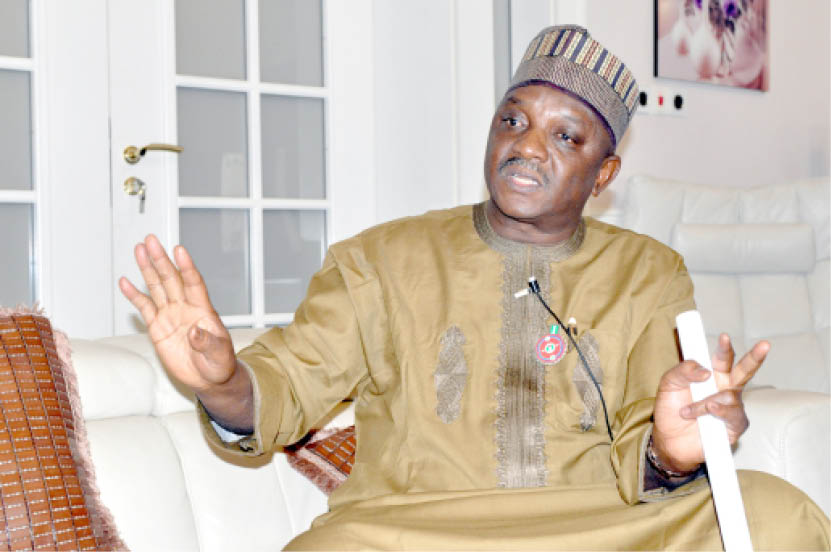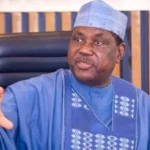The Federal Ministry of Power has unveiled the Central Data Management System (CDMS), a digital platform of the Nigeria Sustainable Energy for All (SE4ALL) that monitors over 3,000 settlements, and 50,000 kilometres of power networks across 22 states.
Launching the platform on Tuesday, the Minister of Power, Engr. Sale Mamman, said it was a bold step towards solving the power sector challenges.
He said: “It is very remarkable to note that within just one year of starting the Central Data Management System project, the following primary data has been gathered, classified and stored on the Nigeria SE4All web portal being launched today.”
The minister also said the online platform has a satellite mapping of 350,000 settlement clusters; over 3,000 settlement clusters remotely mapped with over 2,600, buildings identified; about 50,000 kilometres of 33 kilovolts (kV) and 11kV power distribution lines being tracked across 21 States and the FCT.
Engr. Mamman noted that the platform’s launch is to drive President Muhammadu Buhari’s Electricity Vision 30:30:30, a target to deliver 30,000 megawatts (MW) of electricity by 2030 with at least 30 per cent coming from renewable energy.
The platform is supported by the European Union (EU) and the German Government and was conducted in the framework of the Nigerian Energy Support Programme (NESP), a technical assistance programme, co-funded by the EU and the Germany, while the German agency, GIZ and the Federal Ministry of Power are implementing.
The Permanent Secretary in the ministry, Mr Chinyeaka Christian Ohaa, said the platform promotes transparency and accountability in the power sector.
The Head of Cooperation, European Union Delegation to Nigeria and ECOWAS, Mr. Kurt Cornelis, said, “This CDMS will provide the government, investors and project developers with accurate data for market intelligence and planning needed to achieve Nigeria’s SDG7 goal.”
The German Ambassador to Nigeria, Birgitt Ory, said having data for the power sector was critical in promoting development. “Building on a solid database of these concepts can help to develop economic and ecological opportunities, and thus become an engine of sustainable growth,” she said.
The Country Director of GIZ in Nigeria & ECOWAS, Ina Hommers, remarked that in order to promote electricity access through public-private initiative, there was need for available data: “with the support of NESP in close cooperation with FMP and agencies across the sector, we have now mapped out the electricity situation in 22 states in Nigeria,” she said.
The acting Director, Renewable and Rural Power Access in the ministry, Engr. Faruk Yabo, said: “We have been able to map 50,000 medium power lines which means pole by pole, we have been able to count the networks at the distribution level which is the first time in the history of this country.”

 Join Daily Trust WhatsApp Community For Quick Access To News and Happenings Around You.
Join Daily Trust WhatsApp Community For Quick Access To News and Happenings Around You.


